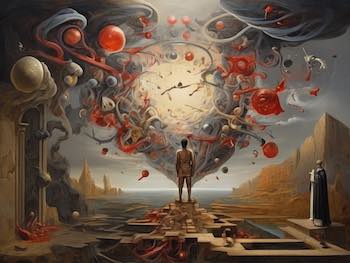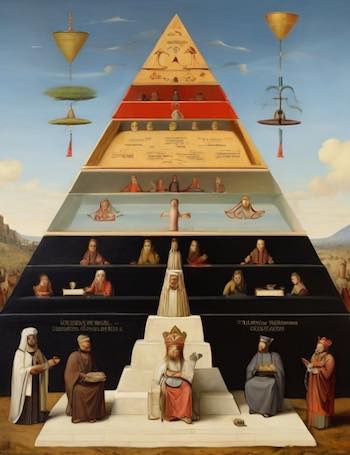Around a universal philosophy
Abstract: I assume here that you have read the UniPhiM, a philosophical method with universal claims, and that you have reservations about it. I use a classic rhetoric, the prolepsis, to smash your criticisms before you’ve even said them, bad guy! Which are covered? The method’s lack of celebrity, in the first place. I modestly … Read more










